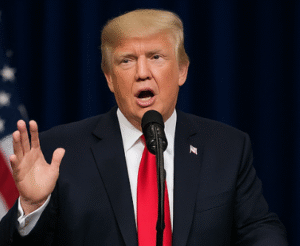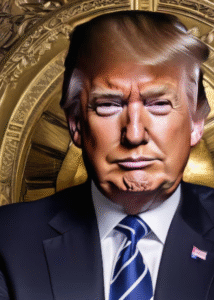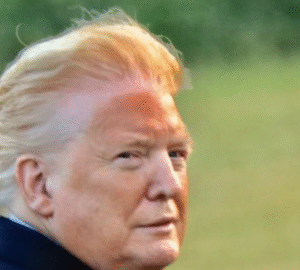$SMH $AMD $INTC
#Trump #CHIPSAct #Semiconductors #Technology #USPolitics #ChinaTrade #EconomicPolicy #Intel #AMD #TechStocks #ChipShortage #SupplyChain
Former President Donald Trump, despite his pronounced opposition to various Biden administration policies while on the campaign trail, is now expected to maintain the CHIPS and Science Act, according to industry experts. This significant piece of legislation, passed in 2022, primarily aims to boost domestic semiconductor manufacturing and reduce U.S. dependency on foreign supply chains, particularly for essential technologies like chips. During Trump’s campaign, he may have critiqued aspects of the bill to appeal to voters concerned with federal spending and economic regulation. However, even with his divisive stance, experts believe that the pragmatic benefits and long-term economic goals of the CHIPS Act align with Trump’s broader interest in reshoring manufacturing jobs and prioritizing American dominance in key sectors.
Several major technology and semiconductor companies could be directly affected by Trump’s decision to leave the CHIPS Act intact, should he return to office. Key players like Intel ($INTC) and AMD ($AMD), as well as broader semiconductor ETFs like the VanEck Semiconductor ETF ($SMH), have benefited from both the direct subsidies provided by the U.S. government and the indirect market effects of increased domestic investment in chip fabrication. What makes the CHIPS Act particularly attractive from a market perspective is that it provides consistency for companies planning long-term infrastructure expansion, which reduces exposure to geopolitical tensions, particularly with China. Trump’s rhetoric has often shifted the narrative on China and tariffs, making this a sensitive topic for semiconductor firms with global supply chains. However, even under a Trump administration, walking back on the CHIPS Act could backfire, both politically and economically, as the domestic jobs created by it remain a sensitive issue.
Financial markets have responded to the CHIPS Act with buoyancy in the semiconductor sector, as supply chain issues caused by the pandemic highlighted the need for domestic manufacturing resiliency. Some experts estimate that the Act could potentially add billions annually to the U.S. chip industry by fostering innovation and ramping up production capabilities within America. Stocks like $INTC and $AMD, which traditionally rely on global supply chains, now have gradually shifted their strategies to take advantage of subsidies from the Act by establishing more significant manufacturing footprints in the U.S. The global chip shortage has had a substantial ripple effect on numerous industries, from consumer electronics to automotive. Continuing with the CHIPS Act is seen as a safeguard against any repeat of such shortages, boosting investor confidence in those sectors.
Even beyond the semiconductor industry, a reversal of the CHIPS Act could trigger uncertainty across various markets. Businesses that rely on chips for production, such as automakers, tech companies, or even defense contractors, could face renewed bottlenecks and rising costs. Additionally, if the subsidies fostering innovation and research were to disappear, the U.S. may lose competitive ground to regions like East Asia and the European Union, which are also ramping up their semiconductor production capacity. For that reason, the likelihood of maintaining the CHIPS Act, even under a Trump administration, may provide needed stability for markets, ensuring continued growth and development in technology-driven sectors.











Comments are closed.